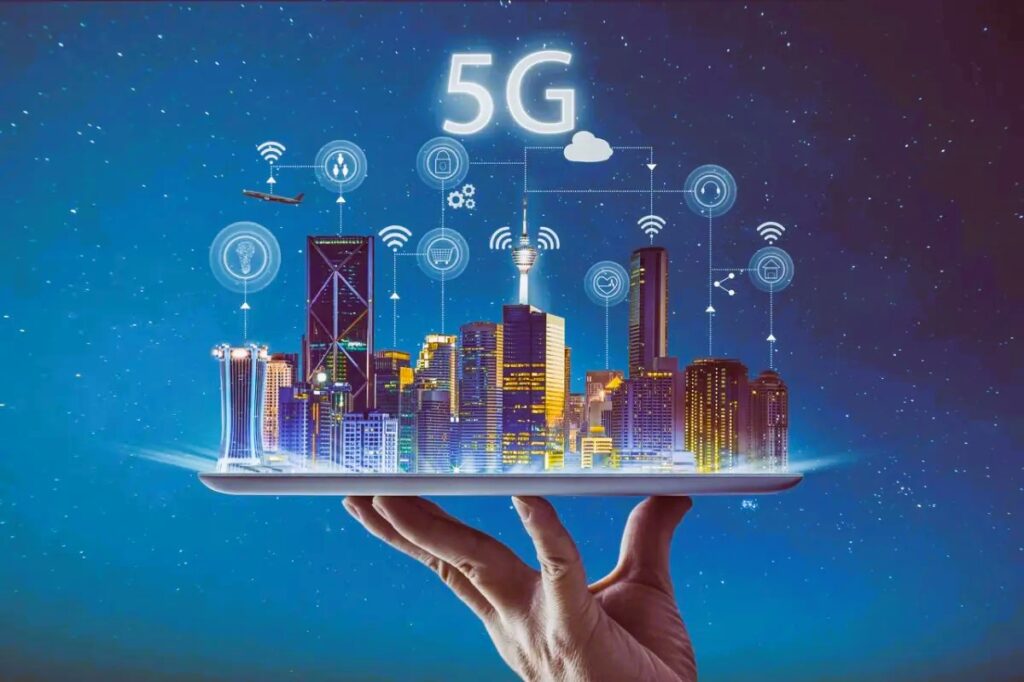The gaming industry is evolving rapidly, and with it comes an increasing demand for faster and more reliable internet connections. As gaming technology advances, the need for seamless online experiences, high-quality graphics, and interactive multiplayer gaming becomes more critical. Whether you’re a casual gamer, an esports enthusiast, or a content creator, faster internet is becoming essential to fully experience the future of gaming. In this article, we will explore why faster internet is key to success in gaming and how it plays a pivotal role in shaping the future of the industry.
The Rise of Cloud Gaming
Cloud gaming is one of the most revolutionary developments in the gaming world in recent years. Services like Google Stadia, Xbox Cloud Gaming, and Nvidia GeForce Now allow players to stream games directly from the cloud without the need for powerful consoles or gaming PCs. This technological leap makes it possible to play high-quality games on devices that traditionally wouldn’t support them, such as smartphones, tablets, and low-end laptops.
However, cloud gaming is highly dependent on fast, reliable internet. Streaming a game in real-time requires a consistent connection that can handle high data throughput with minimal latency. To ensure smooth gameplay, cloud gaming services recommend download speeds of at least 15–25 Mbps for 1080p resolution, and 35 Mbps or more for 4K gaming. Additionally, latency (or ping) must be low, ideally under 50ms, to avoid noticeable lag between input and on-screen action.
As cloud gaming continues to grow, it is expected that faster internet will be the key enabler of this experience. Without fast, low-latency connections, players may face issues such as pixelated graphics, laggy controls, and overall poor performance, which will hinder the appeal and growth of cloud gaming platforms.
High-Quality Graphics and Streaming

As gaming hardware and software continue to improve, the graphical demands of modern games are skyrocketing. The increasing popularity of 4K and even 8K gaming means that more data is required to display stunning, lifelike visuals. With these advancements, gamers will need faster internet to stream and enjoy high-definition content without experiencing delays or buffering.
For example, AAA titles like Cyberpunk 2077 and Assassin’s Creed Valhalla push the boundaries of visual fidelity. These games feature expansive worlds with highly detailed textures, complex lighting effects, and realistic animations. To stream these titles in their highest quality, players need high-speed internet to prevent buffering, lag, or pixelation.
As the gaming industry moves toward even higher-resolution gaming (8K and beyond), internet speeds will need to rise to support the massive data requirements of ultra-high-definition graphics. Faster internet will be crucial for gamers who wish to enjoy the best visuals and seamless streaming experiences without compromises. Top 5 online games that require the highest internet speed, read more here.
The Growth of Multiplayer Gaming
The future of gaming is increasingly social. Multiplayer games have become a dominant force in the gaming world, with titles like Fortnite, League of Legends, and Apex Legends drawing millions of players worldwide. As more gamers connect to online servers and participate in large-scale multiplayer matches, the demand for faster internet continues to rise.
Fast internet speeds are essential for competitive multiplayer gaming. Lag can ruin the experience, making it difficult for players to react quickly or synchronize actions with their teammates. High-speed internet reduces lag and ensures that gameplay is smooth and responsive, which is particularly important in fast-paced competitive games where every millisecond counts.
In competitive gaming, where precision and timing are critical, having low latency is crucial. With more gamers participating in online tournaments and professional esports leagues, the need for fast, stable internet will only increase. As esports continues to grow in popularity, players, teams, and organizations will rely on high-speed internet to maintain a competitive edge.
Virtual Reality (VR) and Augmented Reality (AR)
Virtual reality (VR) and augmented reality (AR) are two technologies that are expected to play a significant role in the future of gaming. VR immerses players in fully realized digital environments, while AR overlays digital elements onto the real world. These technologies offer exciting new ways to experience games, but they come with unique challenges in terms of internet requirements.
Both VR and AR gaming demand high-speed, low-latency internet connections to function optimally. In VR, high latency can cause motion sickness, disrupt immersion, and even make the experience physically uncomfortable. AR also requires fast internet to stream and integrate digital content into the user’s environment in real-time. Without reliable, high-speed connections, VR and AR gaming experiences can be ruined by lag, low-quality graphics, and disjointed interactions.
As VR and AR gaming become more mainstream, faster internet will be crucial to delivering seamless, immersive experiences. Whether it’s a fully virtual world or a blended reality environment, high-speed internet will ensure that players can interact with their surroundings in real-time, without frustrating delays.
The Role of 5G Networks

5G networks are poised to revolutionize the gaming industry. With the ability to deliver ultra-fast download and upload speeds, lower latency, and more reliable connections, 5G will enable mobile gamers to experience high-quality gaming on smartphones and other portable devices like never before. The increased bandwidth and lower latency of 5G networks will also enhance cloud gaming and improve multiplayer experiences.
For gamers on the go, 5G will be a game-changer. Mobile gaming, which is currently limited by the speeds of 4G networks, will be able to reach new heights in terms of graphics, responsiveness, and overall performance. 5G will allow gamers to stream console-quality games from the cloud, participate in large-scale multiplayer matches, and enjoy fast, low-latency connections while playing on mobile devices.
In addition to mobile gaming, 5G will play a crucial role in the development of new gaming technologies, such as augmented reality and mixed reality, which require low-latency, high-speed connections to function properly. As 5G networks continue to expand globally, the future of gaming will become increasingly accessible, fast, and immersive.
The future of gaming is undeniably tied to internet speed. Whether it’s cloud gaming, multiplayer experiences, VR/AR immersion, or 4K streaming, fast internet will be a driving force behind the gaming revolution. As games become more sophisticated and data-heavy, players will need faster, more reliable internet connections to fully experience the latest advancements in gaming technology.
For gamers, faster internet means fewer interruptions, lower latency, and a more seamless, immersive experience. For game developers and streaming services, it’s an opportunity to deliver next-generation gaming experiences that push the boundaries of what is possible. As the gaming industry continues to grow, the role of fast, reliable internet will only become more important in shaping the future of gaming.
The next era of gaming promises to be faster, more immersive, and more connected than ever before—and the key to success lies in having the right internet speed to match.
For more information on internet speed and performance, visit Wikipedia on Internet Speed.

